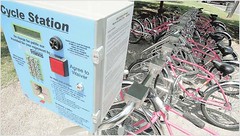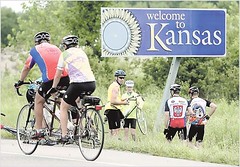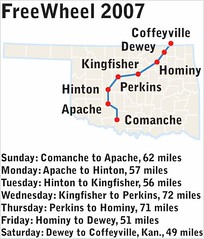Greater Southeast Hospital
is discussed in many quarters, due to the offer from the Specialty Hospitals of America to buy the hospital--the company already owns Hadley Memorial Hospital and the long term nursing care facility at was once Capitol Hill Hospital. See "Southeast Hospital to Be Sold for $31 Million," from the Post.
(This is a very old article about the same subject "With demand booming, MedLink eyes expansion" from the Washington Business Journal. Likely it will clear the path for the Medlink site between Massachusetts Avenue, and 7th, 8th, and C Streets NE to be developed.)
In part, the latter facility drives this deal. They don't own the building, they have a term lease with a renewable period. By being able to absorb at least 25% of the beds in Greater Southeast Hospital for long term care, they solidify this revenue stream, get it into a wholly owned facility and provide at least one additional stable revenue stream to the Greater Southeast facility.
It's the same concept as multiple revenue streams to make marginally unviable retail concepts work, i.e., adding cafe service to a bookstore.
Labels: health, health and wellness planning, public health





